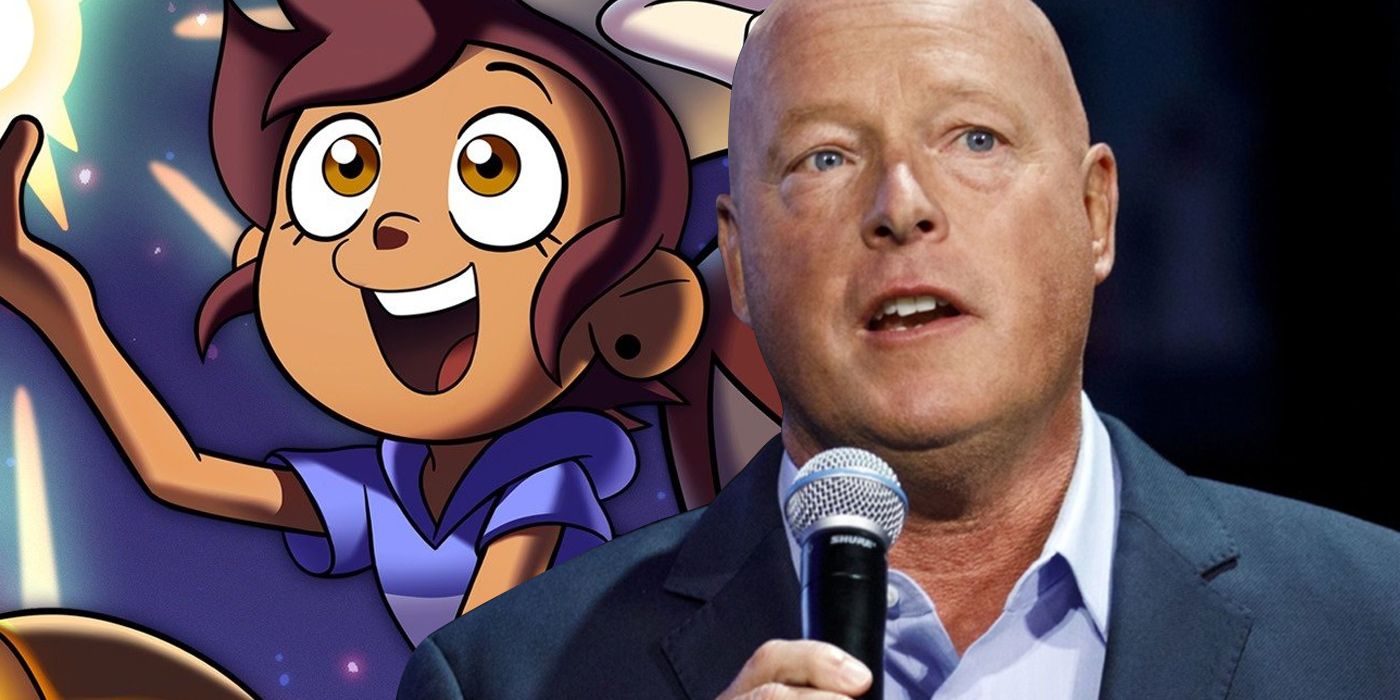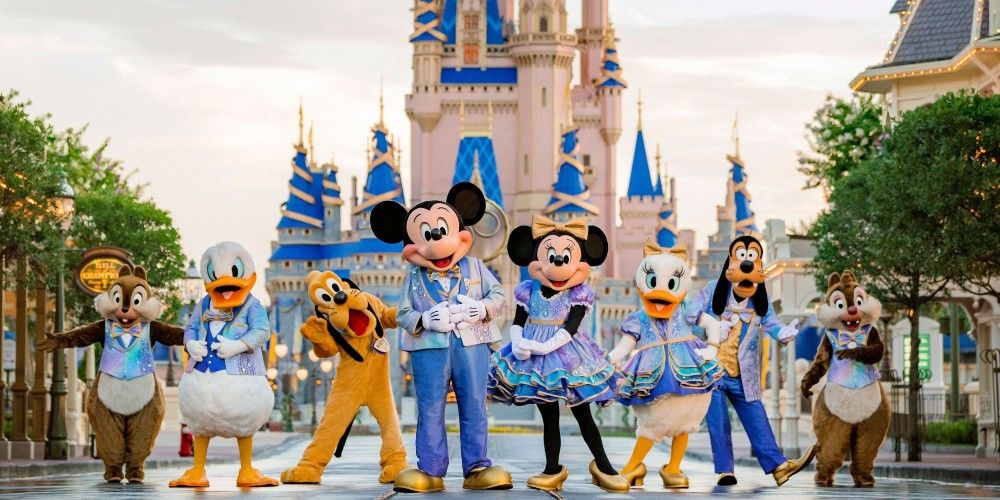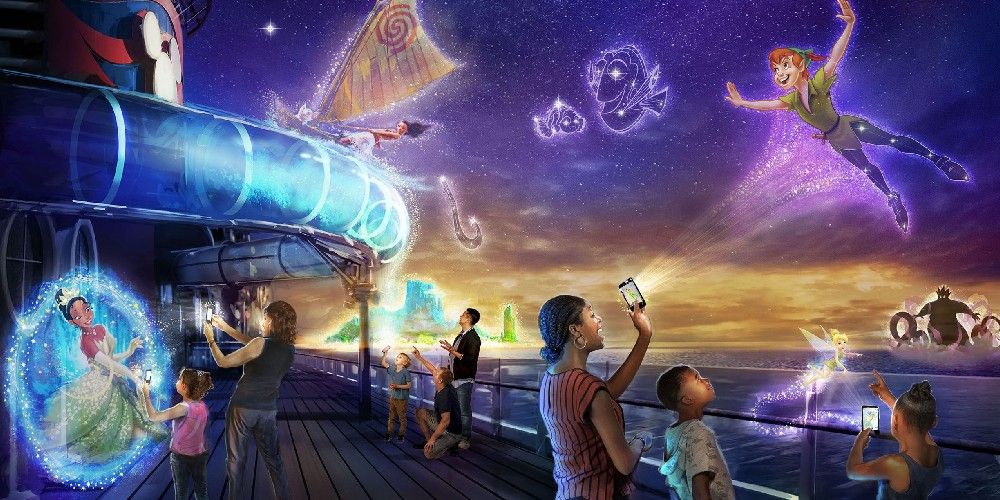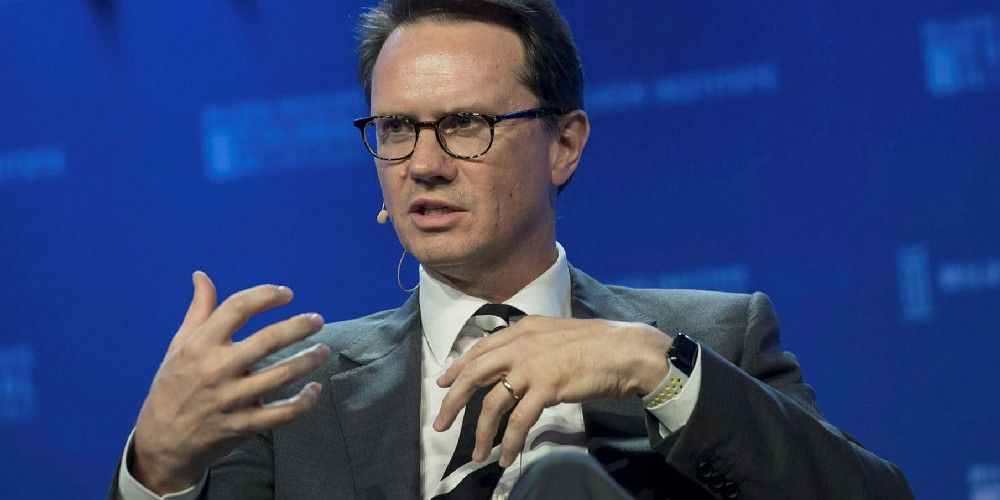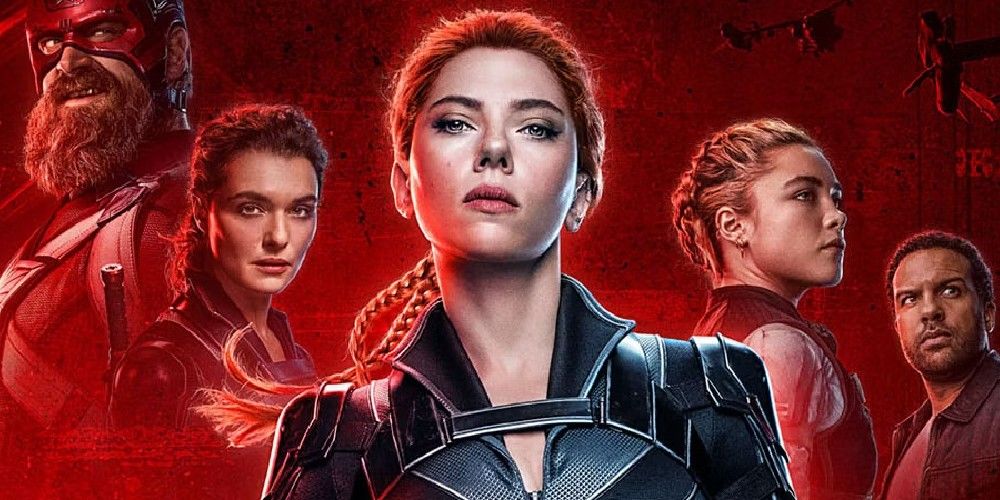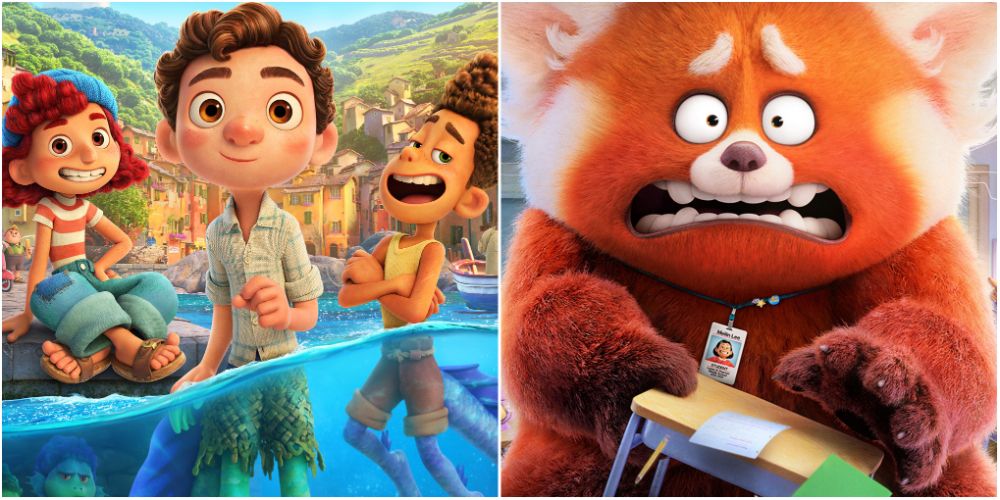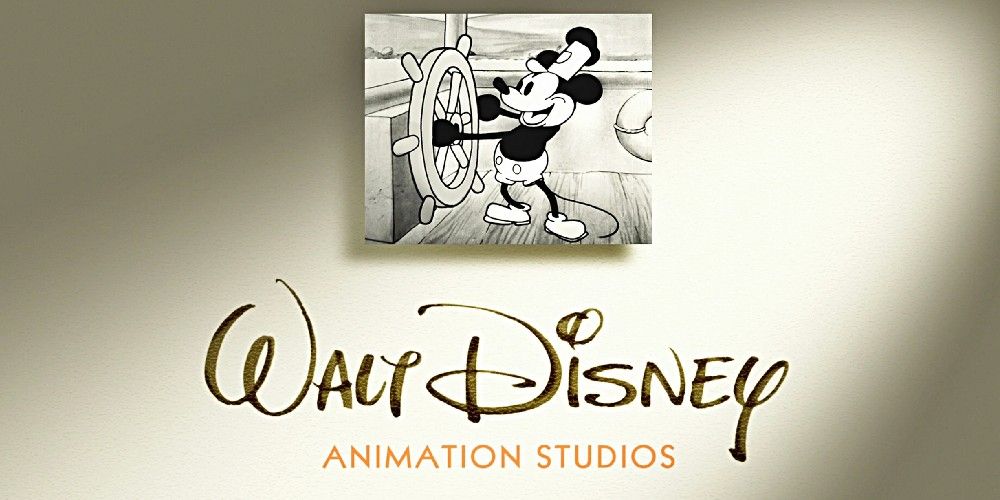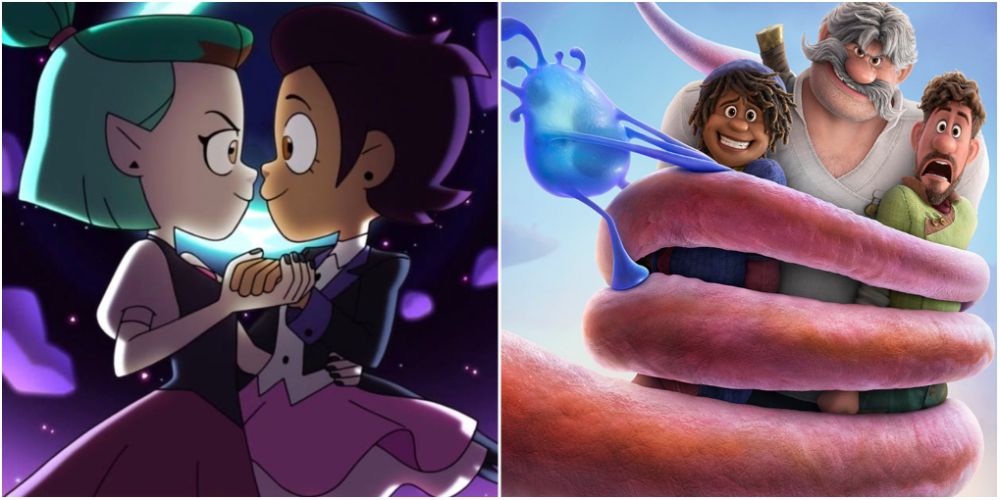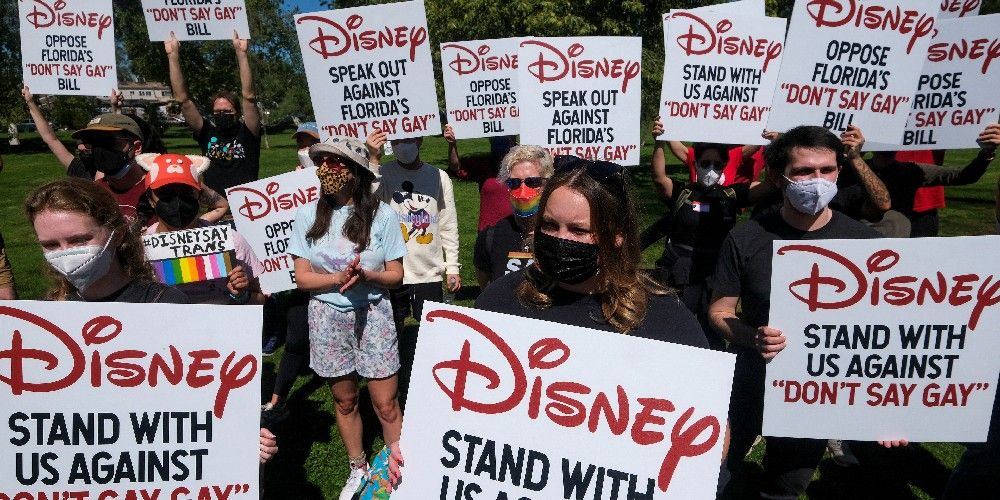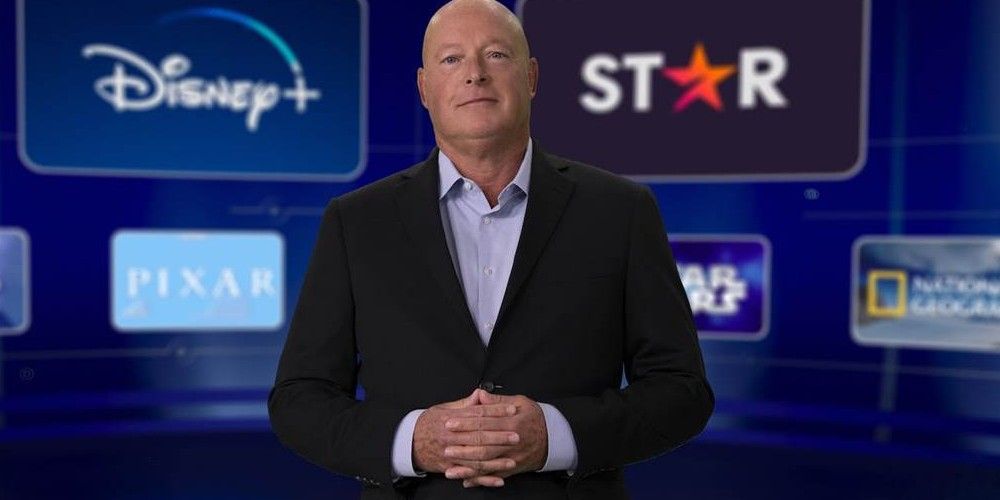In February 2020, Bob Iger stepped down as CEO of The Walt Disney Company and was replaced by Bob Chapek. What should've been an ordinary transfer of power instead became one of the company's most turbulent periods. In fact, Chapek's term was so chaotic that he was fired after only two years.
During Chapek's term, Disney made mistakes that negatively affected its profits and tanked its goodwill almost overnight. Some of these disasters were the direct results of Chapek's mandates, while others merely occurred during his term. Either way, there's a reason why Iger's return was so widely celebrated.
10 Walt Disney World Made Some Of Its Worst Decisions During Bob Chapek's Term
The Walt Disney World parks are arguably Disney's real sources of income. It only made sense for tickets to have customer-friendly prices. But under Chapek's term, Walt Disney World's ticket prices skyrocketed to ridiculous degrees. Chapek defended the increases by saying that Disney was responding to demand, but few bought this excuse.
Before the price hike, Disney caused concern and backlash when they kept Walt Disney World open even during the pandemic's peak. As early as May 2020, some Disneyland locations reopened. Although the worst-case scenarios were largely avoided, Disney demanding that its park stay open certainly didn't help mitigate the virus' spread.
9 Chapek's Attempt To Incorporate Disney Into The Metaverse Was Pointless
In January 2022, Chapek showed interest in expanding Disney into the Metaverse. Chapek was so serious about the Metaverse's potential that a month later, he formed a division dedicated to strategizing Disney's proposed partnership. Given the Metaverse's current failure, Chapek's pitch comes across as ill-advised in hindsight.
The Metaverse never clicked with the public and lost more money than it was worth. In October 2022, the Metaverse lost almost $700 billion in value, and it became a laughingstock online. Disney reportedly still has plans for the Metaverse but given the Metaverse's current state, this may end up being a waste of time and resources.
8 Firing Peter Rice Raised More Concerns Than Confidence
In June 2022, Chapek created a new inner circle. Chapek promoted some executives and fired others like Peter Rice, the then-chairman of Disney General Entertainment Content. A company being restructured under a new CEO isn't unexpected, but Rice's dismissal was regarded as one of the biggest mistakes of Chapek's term.
Rice was a well-respected executive both inside and outside Disney. Rice was also credited for keeping Disney's workforce motivated during the pandemic. His firing sparked doubts in the industry and tanked morale at Disney. The unceremonious way Rice was fired deepened the loss of confidence in Chapek.
7 Disney Possibly Burned Its Bridge With Scarlett Johansson
In June 2021, Black Widow was released simultaneously in theaters and on Disney+. Although this hybrid release can be somewhat defended due to the COVID-19 pandemic, it was also a breach of contract. Besides negatively affecting theater chains' incomes, Black Widow's release denied Scarlett Johansson of her promised residuals.
Johansson sued Disney in July 2021. Instead of just paying her, Disney lambasted Johansson, despite her importance to the MCU. Disney's attempt to control the narrative backfired, and the lawsuit was privately settled after two months. Rather than admit fault, Chapek later revealed that the Marvel actors' contracts were being "reset."
6 Doubling Down On Disney+ Led To Negative Long-Term Ramifications
One of Chapek's first big decisions was to pivot all Disney entertainment to streaming. Theaters being shut down during the pandemic's peak gave Chapek's plans credence. Chapek's push for Disney+ helped Disney out during the pandemic's worst stages, but in the long run, it inflicted irreversible changes and damage.
In 2021, Disney shut down almost 100 international channels even if Disney+ wasn't available globally, and put movies (especially animated ones like Luca and Turning Red) onto Disney+. Disney+ helped normalize the flattening of all entertainment into disposable "content." This cultural shift is partly why Lightyear bombed in theaters.
5 Bob Chapek Dismissed Animation And Marred Disney's Reputation
While discussing his plans for Disney+ at the Wall Street Journal's 2022 Tech Live Conference, Chapek casually equated animation to background noise. To Chapek, cartoons were only meant to entertain children, and adults didn't care for it. Chapek's dismissiveness sparked uproar inside and outside of Disney.
Disney's animated divisions fired back, while animation fans mocked Chapek online. Chapek's statements were only the latest example of an executive willfully ignoring everything about animation. This was despite the fact that animation saved Hollywood during the pandemic, and Disney itself was built on animation's foundations.
4 Mulan (2020) Was An Expensive Flop
Mulan began production before Chapek took charge of Disney, but he oversaw its release and fallout. Even before Mulan's release, it became a lightning rod of controversy, and this was only intensified when the movie's lead actor, Liu Yifei, made controversial comments supporting Hong Kong police.
Even momentarily ignoring its political backdrop, Mulan bombed in part because of its release model. Chapek began his push for streaming by releasing Mulan and Soul exclusively on Disney+, and this negatively affected their earnings. Mulan was a financial and ethical failure, which is why Disney now acts like the remake doesn't exist.
3 Cartoons Were Canceled Or Hindered For Controversial Reasons
During Chapek's term, Disney canceled cartoons or deliberately buried them. For example, The Owl House was canned despite its popularity, and Strange World was effectively buried due to its lack of promotions. Chapek seemingly had a vendetta against animation, and he all but confirmed this in his now-controversial conference appearance.
Worse, these questionable acts of sabotage fueled the rumors that Chapek and his executives disliked LGBTQ+ characters, stories, and more. Cases in point: The Owl House was proud of its LGBTQ+ inclusivity. Similarly, LGBTQ+ identity was integral to Strange World. Chapek never said anything hateful, but his actions said enough.
2 Disney's Silence Regarding The "Don't Say Gay" Bill
In March 2022, Florida passed the controversial and blatantly homophobic "Parental Rights in Education" bill, which is better known as the "Don't Say Gay" bill. The only thing more shocking than the bill's hateful proposals was Disney's silence. Despite the company's diverse ideals, output, workforce, and audience, Chapek said nothing.
Disney's employees retaliated, with the most notable being Pixar's response. In a defiant open letter, Pixar employees exposed Disney for censoring any LGBTQ+ ideas and content while proudly claiming inclusivity. Chapek didn't start this, but he exacerbated the pre-existing internal strife by equating silence to apolitical civility.
1 Bob Chapek's Non-Apology Only Made Things Worse
Disney's silence during the "Don't Say Gay" bill's passage was a public relations disaster, but Chapek made it worse. After days of refusing comment, Chapek apologized through an internal memo. Capek's apology was considered so weak that it only further infuriated Disney's employees, and it dragged Disney into a political firestorm.
Gov. Ron DeSantis of Florida used Chapek's apology to attack Disney and revoke its special self-governing status. Chapek's refusal to take a stand only angered everyone. This, combined with Disney's poor 2022 fourth-quarter earnings, spelled the end of Chapek's term.

